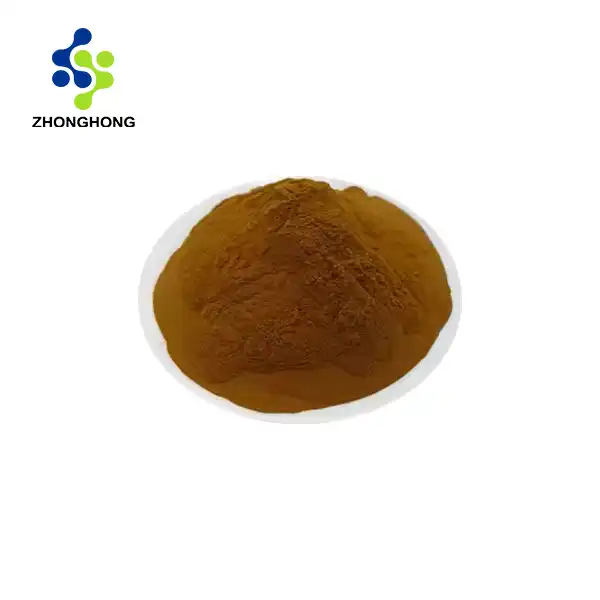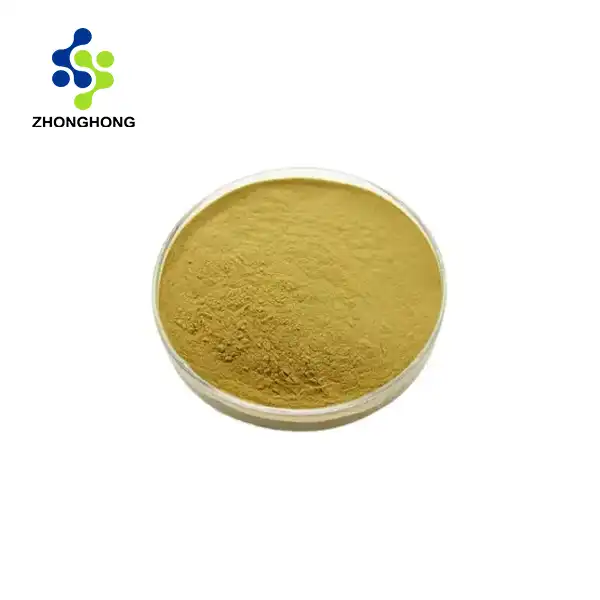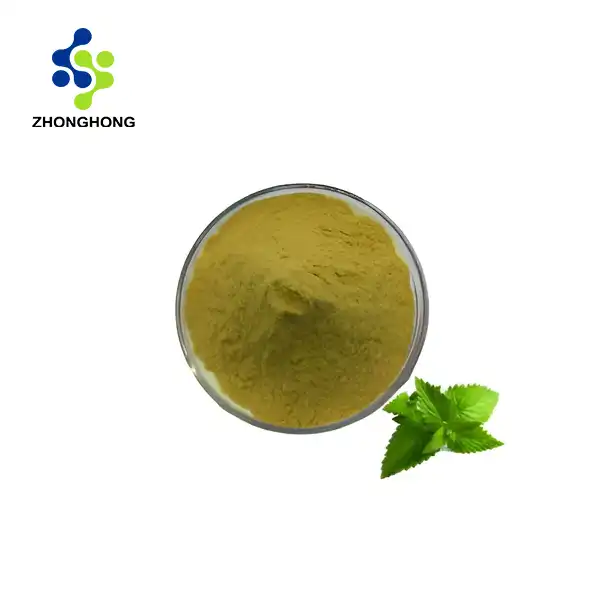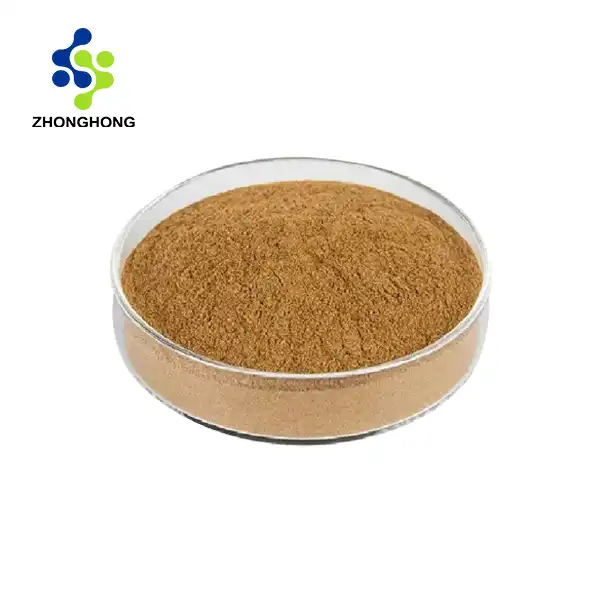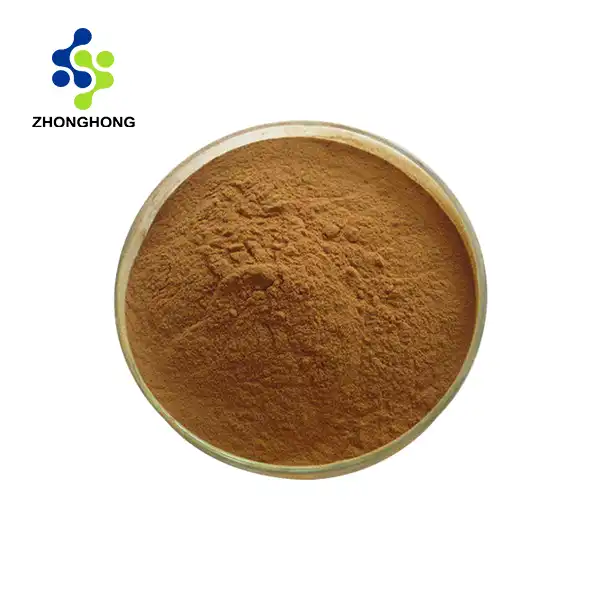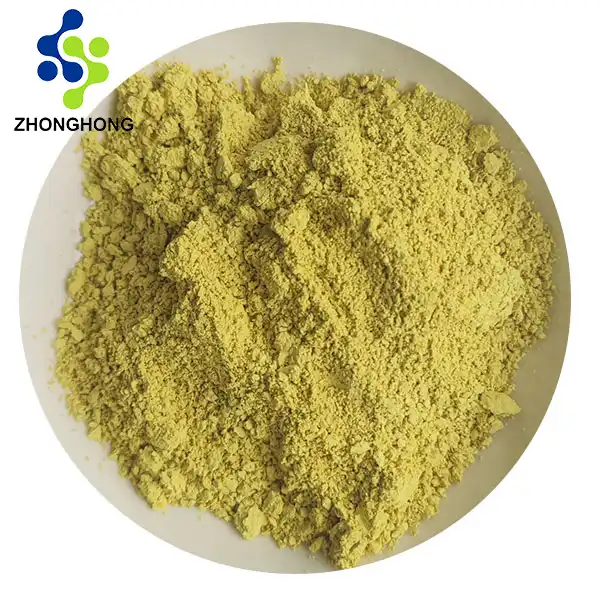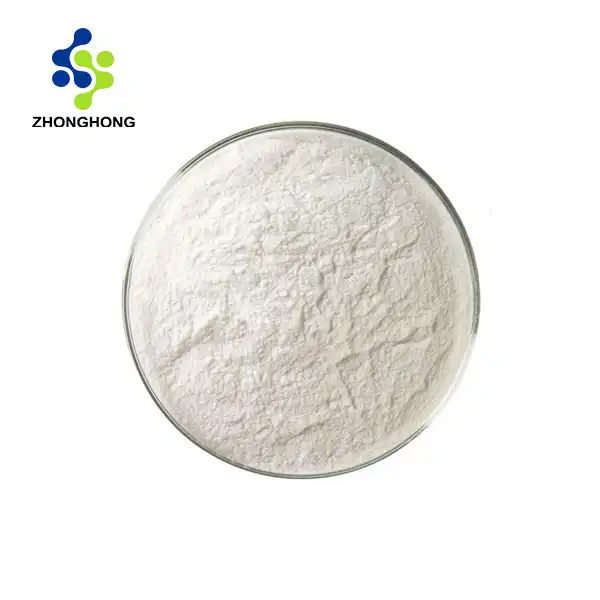How to use hop extract?
2024-11-01 10:42:42
Hop extract is a versatile and potent ingredient derived from the female flowers of the hop plant (Humulus lupulus). It's widely used in brewing, but its applications extend far beyond beer production. This concentrated form of hops offers a range of benefits and can be utilized in various ways. To effectively use hop extract, it's essential to understand its properties and potential applications. Generally, hop extract can be incorporated into beverages, foods, supplements, and even cosmetic products. The method of use depends on the specific type of extract (e.g., CO2 extract, ethanol extract) and the desired outcome. For brewing, it's typically added during the boiling process or post-fermentation for aroma. In supplements, it's often encapsulated or mixed into formulations. For culinary uses, it can be diluted and added to recipes for flavor and aroma. The key is to start with small amounts and adjust according to your needs, as hops extract powder is highly concentrated and potent.
Understanding Hop Extract and Its Forms
The Science Behind Hop Extraction
Hop extraction is a sophisticated process that concentrates the valuable compounds found in hop cones. These compounds include alpha and beta acids, essential oils, and polyphenols. The extraction method significantly influences the final product's characteristics. CO2 extraction, for instance, yields a pure extract rich in alpha acids, while ethanol extraction may preserve more of the hop's aromatic compounds. Understanding the science behind these extraction methods helps in selecting the most suitable hop extract for specific applications.
Types of Hop Extracts Available
There's a diverse array of hop extracts available in the market, each with unique properties and applications. CO2 hop extract is prized for its purity and high alpha acid content, making it ideal for bittering in beer production. Ethanol-based extracts often retain more of the hop's aromatic qualities, suitable for late additions in brewing or flavoring in food products. Water-based extracts are sometimes used for their polyphenol content in nutraceutical applications. Hops extract powder, a dehydrated form of liquid extract, offers convenience and versatility across various industries.
Characteristics and Benefits of Hop Extract
Hop extract boasts a concentrated profile of bioactive compounds that contribute to its multifaceted benefits. The high content of alpha acids provides potent bittering properties, crucial in beer production. Essential oils like myrcene, humulene, and caryophyllene contribute to the characteristic aroma and potential therapeutic effects. Polyphenols in hop extract exhibit antioxidant properties, making it valuable in both food preservation and health supplements. The antimicrobial qualities of certain hop compounds have sparked interest in natural preservation applications. These diverse characteristics make hop extract a versatile ingredient with potential uses ranging from brewing to pharmaceuticals.
Applications of Hop Extract in Various Industries
Brewing Industry: Enhancing Beer Production

In the brewing industry, hop extract has revolutionized beer production. It allows for precise control over bitterness and flavor profiles, ensuring consistency across large batches. Brewers use CO2 hop extract for efficient bittering, as it dissolves readily in wort and doesn't contribute to beer loss through absorption. For aroma and flavor additions, late-hopping with ethanol-based extracts can impart desired characteristics without the vegetal matter associated with whole hops. This results in clearer beer and improved yield. Advanced brewing techniques even utilize hops extract powder for dry-hopping, creating intense hop aromas without the challenges of using whole hops.
Pharmaceutical and Nutraceutical Applications
The pharmaceutical and nutraceutical industries are increasingly exploring the potential of hop extract. Its sedative properties, attributed to compounds like 2-methyl-3-buten-2-ol, make it a candidate for natural sleep aids. The xanthohumol in hops has shown promise in cancer research, sparking interest in hop-based supplements. Some studies suggest that hop extract may have benefits for menopausal symptoms, potentially due to its phytoestrogen content. In the realm of natural antibiotics, the antimicrobial properties of hop acids are being investigated. As research progresses, we may see more hop extract-based formulations in pharmacies and health food stores.
Culinary Uses and Food Preservation
Hop extract is making inroads into culinary applications beyond brewing. Chefs and food manufacturers are experimenting with its unique flavor profile to create innovative dishes and products. In small quantities, it can add a subtle bitterness and complexity to sauces, marinades, and baked goods. Some artisanal cheese makers use hop extract to impart unique flavors and potentially extend shelf life. In the realm of food preservation, the natural antimicrobial properties of hop extract make it an attractive alternative to synthetic preservatives. Research is ongoing into its efficacy in preventing spoilage in various food products, potentially leading to cleaner labels and more natural preservation methods.
Best Practices for Using Hop Extract
Dosage and Incorporation Techniques
Proper dosage and incorporation of hop extract are crucial for achieving desired results across various applications. In brewing, the dosage depends on the alpha acid content and the target bitterness level. Typically, brewers use software or calculations to determine the right amount, often starting with about 30% less than they would use for whole hops. For culinary applications, it's advisable to start with minute quantities, as the flavor can be overpowering. In supplements, dosage should be determined based on the specific extract and intended use, always adhering to regulatory guidelines. Incorporation techniques vary; in liquids, hop extract can be directly added and mixed thoroughly. For powders or solid formulations, it may need to be pre-dissolved or carefully blended to ensure even distribution.
Storage and Handling Guidelines
Proper storage and handling of hop extract are essential to maintain its quality and potency. Most hop extracts are sensitive to light, oxygen, and heat. They should be stored in airtight, opaque containers in a cool environment, ideally refrigerated or frozen for long-term storage. CO2 extracts are particularly stable and can maintain their quality for years under proper conditions. When handling hop extract, particularly in its concentrated form, protective equipment like gloves and eyewear is recommended to prevent skin and eye irritation. It's crucial to follow manufacturer guidelines for specific storage temperatures and shelf life, as these can vary depending on the type of extract and its intended use.
Quality Control and Safety Considerations
Ensuring the quality and safety of hop extract is paramount across all applications. For food and beverage use, it's essential to source extracts from reputable suppliers who can provide certificates of analysis and adhere to food safety standards. In pharmaceutical applications, rigorous testing for purity and potency is necessary. When using hops extract powder in brewing, regular analysis of alpha acid content helps maintain consistency in beer production. Safety considerations include potential allergenic properties; while rare, some individuals may be sensitive to hop compounds. In industrial settings, proper ventilation is important when working with concentrated extracts. Regular quality checks, including sensory evaluation and chemical analysis, help maintain the integrity and efficacy of hop extract in various products.
Conclusion
Hop extract is a versatile ingredient with applications spanning brewing, pharmaceuticals, food, and beyond. Its effective use requires understanding its forms, properties, and best practices for handling. As research continues to unveil new potential uses, hop extract remains a fascinating subject for innovation across industries. Whether you're a brewer, product developer, or health enthusiast, exploring the possibilities of hops extract powder can open new avenues for creativity and functionality in your field. If you want to get more information about this product, you can contact us at liaodaohai@gmail.com.
References
1. Johnson, A. J., & Langenheim, J. H. (2017). "Hop Extract: A Comprehensive Guide to Its Properties and Applications." Journal of Agricultural and Food Chemistry, 65(18), 3673-3685.
2. Smith, R. L., et al. (2019). "The Use of Hop Extracts in Brewing: Current Practices and Future Prospects." Brewing Science, 72(3-4), 78-88.
3. Zhang, X., & Liu, Y. (2018). "Pharmacological Activities of Hop (Humulus lupulus L.) and Its Bioactive Compounds." Phytomedicine, 44, 32-51.
4. Brown, M. K., et al. (2020). "Hop Extract as a Natural Preservative: Antimicrobial Properties and Food Applications." Food Microbiology, 89, 103432.
5. Thompson, L. H., & Wilson, D. T. (2016). "Hop Extracts in Nutraceuticals: Potential Health Benefits and Formulation Challenges." Nutrients, 8(7), 369.
6. Garcia, C. V., et al. (2021). "Innovative Applications of Hop Extract in Culinary Arts: Flavor Enhancement and Preservation." International Journal of Gastronomy and Food Science, 23, 100305.
_1728976869676.webp)
